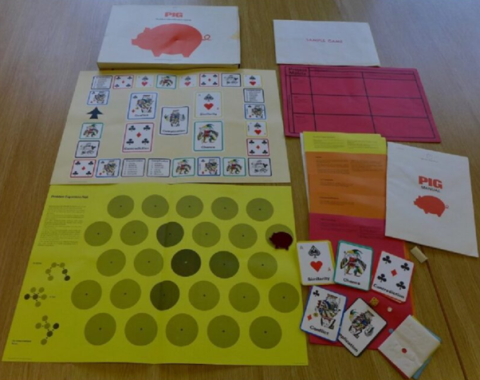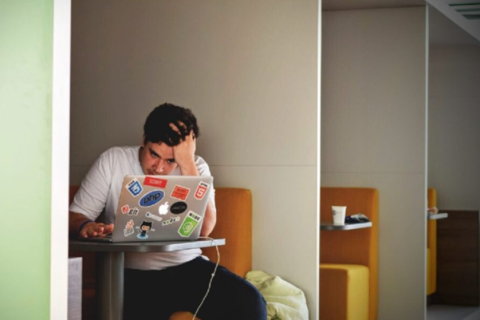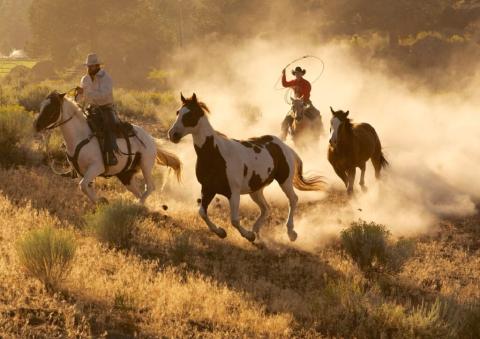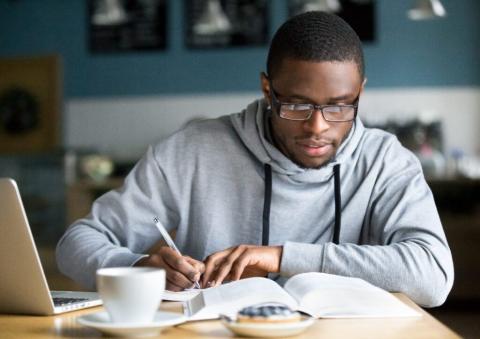
The FASSTEST blog includes posts from practitioners and researchers exploring a wide range of issues and research findings relevant to teaching and learning in the Arts and Social Sciences in higher education.
Here at The Open University we can draw on particular expertise in online and distance education, and we are especially inspired by The Open University’s mission to be open to people, places, methods and ideas. We are committed to placing innovation at the heart of teaching and learning and to discovering new and better ways to inspire and enable learning, opening up higher education to all, regardless of background or circumstances.
We welcome blog posts from anyone with an interest in the scholarship of teaching and learning, particularly in the Arts and Social Sciences. If you are interested in contributing please get in touch with FASS-Scholarship@open.ac.uk with a title and brief description of what you would like to write about.
Studies have shown that the use of games in Higher Education can improve the ability to learn new skills and can facilitate deep learning by increasing the enjoyment experienced by students. This project draws on the expertise in Open University (OU) design to employ such gamified approaches in teaching and sought to apply them to helping students taking the first module in the MA in Art History (A843) with devising a sound end-of-term essay topic.
18th January 2022
As an Open University tutor, I am very aware that some students find it hard to join online tutorials and others who do join may not participate. Although many participate by using the chat box or take part in other interactive activities such as answering polls or writing on the whiteboard, few students turn their microphones on to speak. Without visual clues, it is very hard to interpret how students are feeling when they take part in online tutorials, and in larger tutorials it is difficult to know when or why they might disengage from the session.
16th November 2021
Admittedly, the Arts and Humanities are not traditionally known as the spiritual homeland of number crunching, but in 2019, colleagues and I from the departments of Classical Studies, History, English, and Creative Writing at the Open University broke with tradition and embarked on a quantitative analysis of student attendance patterns within our school.
4th November 2021
Independent learning is usually envisaged as something that students do alone. But on ‘A329, The Making of Welsh History’, an online distance-learning dissertation module at the Open University, the situation is quite the reverse. Launched in autumn 2017, A329 was in late 2018 the subject of a Scholarship of Teaching and Learning project supported by FASSTEST, the OU’s Scholarship Centre for the Faculty of Arts and Social Sciences. That project looked at the efficacy of various pedagogic innovations introduced on the module and found that the two most far-reaching of thes
19th October 2021
During the Covid-19 pandemic we have seen an exponential growth in the number of online academic conferences. While the online medium has posed some challenges, it is increasingly becoming apparent that holding conferences online offers a lot of opportunities beyond the pandemic. Online conferences are more accessible for people with disabilities or caring responsibilities. They are a lot cheaper (given that there are no travel or venue costs and no catering or accommodation have to be provided for delegates) and environmentally friendly (again, because online conferences don’t requir
13th October 2021
Between August 2011 and July 2019, I was the Lead Academic Conduct Officer for the Arts and Humanities at The Open University. My role during this time primarily involved investigating cases of poor academic practice (aka plagiarism) which had been referred for disciplinary treatment. As such, these cases required a formal approach, including sending students evidence of our concerns in the form of marked-up copies of their essays and asking students to explain in writing the reasons behind the lack of appropriate referencing in their assignments. Students’ responses almost invariably br
5th October 2021
Submitting an assignment is usually accompanied by a sense of relief but then there is the wait for the mark and the feedback which can cause anxiety amongst students. This is particularly the case for the first assignment on a new module and happened with DD212 Understanding Criminology in its first year of presentation.
27th September 2021
This is the first of an occasional series rounding up interesting SoTL-related stories from around the web.
3rd February 2021
There exists in the Open University (OU) a large set of largely unheralded workers who put themselves forward for one of the most important roles – the role of monitoring, which involves looking at a sample of another colleague’s marking and assessing it for standardisation to the marking criteria and quality of feedback. This group of workers monitored 36,000 assignments across the OU in 2019, 6 percent of the total received, including 3,735 from the School of Psychology & Counselling and nearly 1000 from one module alone (DE300 ‘Investigating Psychology’).
28th January 2021
An experiment in creative learning
On a grey Saturday morning in March 2020, as the UK teetered on the brink of the first lockdown, a small group of students gathered at the Open University campus in Milton Keynes to take part in an experiment. Half of the group were studying Creative Writing, and the other half were students of Art History.
20th December 2020











